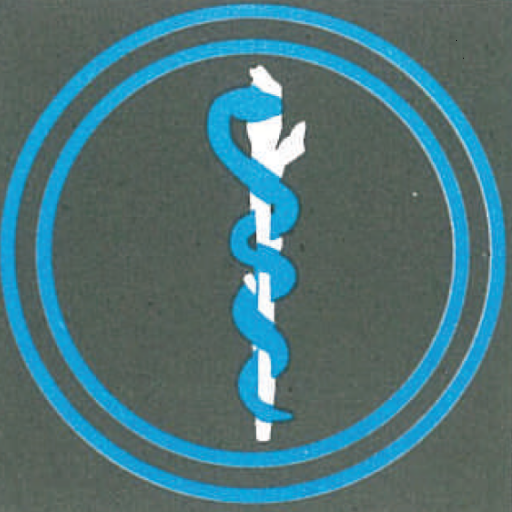Written by Dr A Cole
Thank you for inviting the Medical Ethics Alliance to contribute to this discussion. I have been working with disabled children for a professional lifetime, and together with others in the Alliance, wish to promote a much wider ethical debate within and without the medical profession.
Indeed it was the publication, without prior approval by the membership, of the BMA`s guidelines, “Withholding or Withdrawing Life prolonging Medical Treatment” in 1999, that led to the coming together of Hippocratic and World Faiths medical bodies to form the Medical Ethics Alliance.
Some of you will have studied the summary of the Disability Rights Group, “Expert Seminar” of 14th November. You may have noticed that the BMA bracketed together a number of very different things.
I quote;
“Specialised treatments such as chemotherapy, dialysis antibiotics and artificial hydration and nutrition”
By calling hydration and nutrition “specialised treatment” they over-medicalise them and open the way to life ending decisions.
As swallowing difficulties are not uncommon in stroke patients, it is certain that these guidelines will lead to many slow deaths. I myself have seen two babies die of dehydration, and I must say it is not something that one can easily forget.
A self help organisation for family members who have lost loved ones in this way, have received hundreds of telephone calls. It was very disturbing to hear a recording of one relative who had pleaded for fluids for his father, and who was told that he may have suffered a stroke and that no fluid would be given until after he had been seen by a doctor. The doctor never came and he died ten days later without fluids having been given.
We say that food and fluids are necessities, and that they should be administered in the least invasive way, save only when that would be excessively burdensome in itself. There are now subcutaneous as well as intravenous methods of administration however, and a number of forms of tubal feeding. There has also been great progress made by special teams of nurses, doctors, dieticians and speech therapists working together to overcome swallowing difficulties.
Some of you may be aware that a Private Members Bill known as the “The Patient Protection Bill”, has been introduced into the House of Lords and will receive its second reading on 12th February. It is very simple and reads;
“It shall be unlawful for any person responsible for the care of a patient to withdraw or withhold sustenance from the patient if his purpose in doing so is to hasten or otherwise cause the death of the patient.”
We hope that this Bill will attract sufficient support to send a strong signal to the government not to acquiese in the intentional ending of lives by withholding or withdrawing food and fluid .
In case you think this Bill is unnecessary, I would like to close with another example. We were approached by a doctor who told us what had happened to her daughter. She felt sufficiently strongly to issue a press statement which received wide coverage. The Birmingham Post reported;
“A Birmingham GP has made an impassioned plea to fellow doctors to reject mercy-killing guidelines which would have sentenced her daughter to an early death.”
“When wheelchair – bound Miss Susan Gray, aged 21, was born she was so disabled by spina bifida that doctors said she should not have food and fluid.”
“Dr Gray told how she discovered that doctors were withholding food and water from her daughter shortly after her birth in 1978.”
“We had agreed that she should not get medical treatment and that nature should take its course.”
“I sympathise with doctors who have an awful dilemma of what to do with people who are not doing well but if you withhold food and water they do not have a chance.”
“We were told that she would be a vegetable but she has turned out to be anything but.”
“After leaving school Susan worked as a clerical assistant in the Benefits Agency, driving herself to work in a specially adapted car.”
“She has been accepted on an access course to enable her to study forensic science at University.”
Commenting that if the medical advice had been accepted, she would have died, and she says in conclusion;
“But most important of all, we would never have known this happy serene person with a wicked chuckle who is at the centre of our family.”
